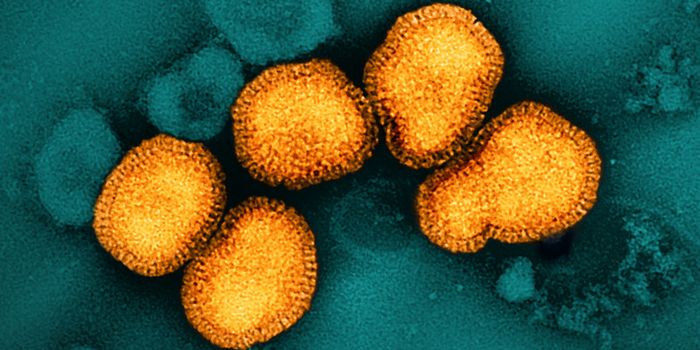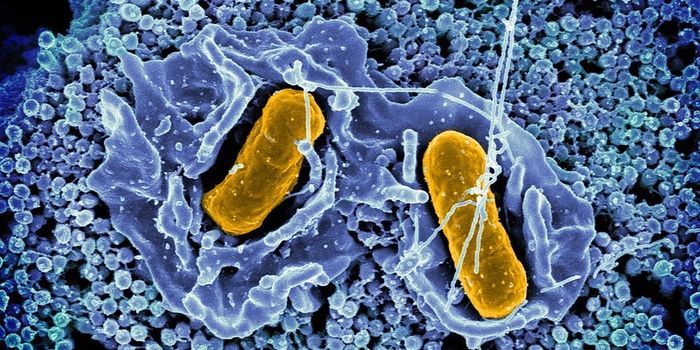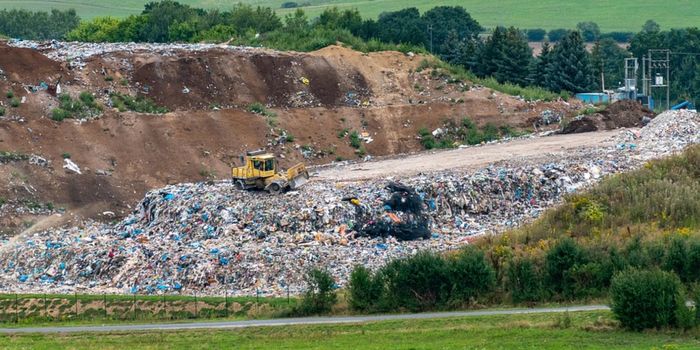Analyzing the adaptability of bacteria, biologist Shelley Copley has announced the results of research in the area at the 2nd American Society for Microbiology Conference on Experimental Microbial Evolution on August 4. It was found that when bacteria lost enzymes that are needed for certain chemical reactions, other enzymes were able to patch together a fix that fulfilled those missing functions. The video below describes the announcement.
Adaptable bacteria are more likely to be able to survive changes in their environment; they also pass those skills on to future generations. Those adaptations help biologists learn more about the biochemistry and molecular mechanisms of evolution.
To perform the study, Copley’s research team eliminated genes in Escherichia coli that code for critical enzymes. They then observed the bacteria reproducing over many generations to get a clear view of how the bacteria survived when given those limitations.
While the majority of enzymes have very specific functions that only work on one kind of chemical reaction, there are others that aren’t so specialized. These so-called ‘promiscuous’ enzymes might still be specific to one reaction but also have the ability to be flexible, boosting other reactions when conditions necessitate.
The investigators found that new enzymes would fill in for missing ones in their E. coli. studies. For example, when an enzyme that helps make vitamin B6 is missing, the E. coli with that defect will turn to a new set of enzymes to produce the vitamin. Interestingly, those promiscuous enzymes don’t just substitute in for the ones that aren’t there. The replacements instead worked up an entirely new, often longer set of reactions to achieve the same result.
“We were rerouting metabolism,” explained Copley, a Professor of Molecular, Cellular and Developmental Biology at the University of Colorado Boulder.
A synthetic biologist at Harvard University, Betul Kacar, suggests that promiscuity could also give us a look into the past, showing us clues about what former roles and functions such enzymes may have had earlier in evolutionary history. An enzyme may be there to rescue the chemical reaction because catalyzing that reaction or one like it could have once been its primary job. “Trying to understand how novel pathways arise, what kind of mechanistic underlying forces shape those trajectories, is quite essential,” she explained.
Bacteria are able to formulate many kinds of alternative processes to make up for enzymes that are missing, depending on the environmental conditions they face, Copley noted. The most successful replacements are the efficient ones – reactions with fewer steps, or that can yield a larger amount of the necessary reaction product.
Sources:
ScienceNews.org,
2nd American Society for Microbiology Conference on Experimental Microbial Evolution,
University of Colorado Boulder









